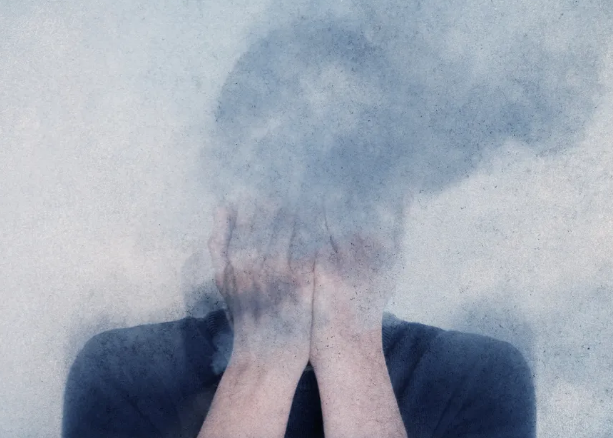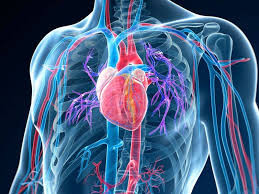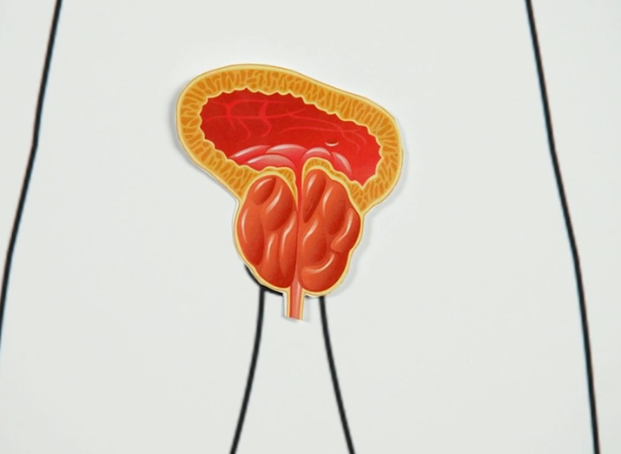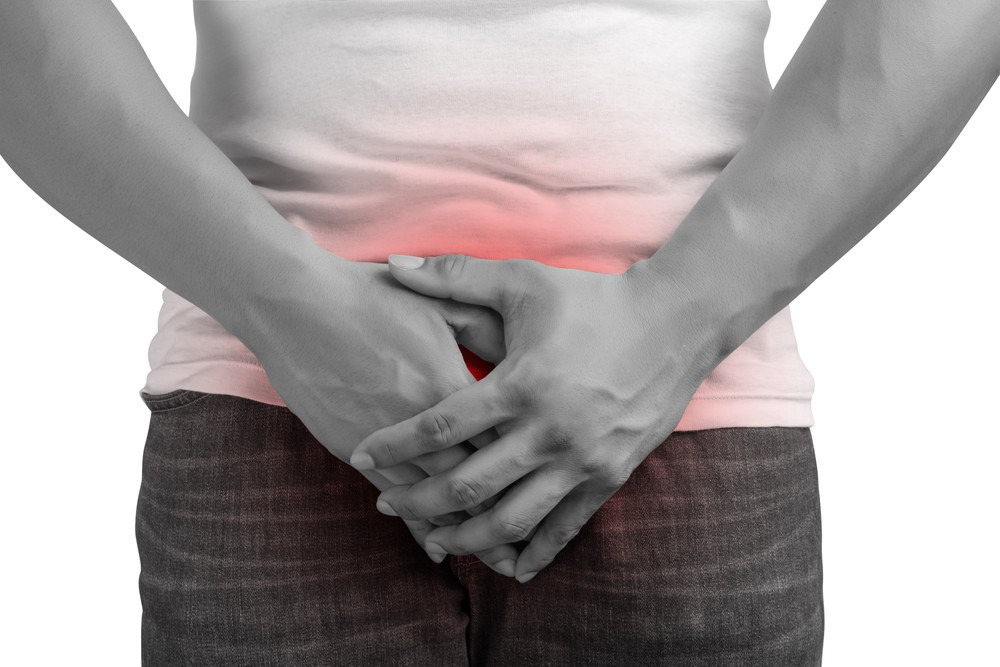If drinking is having a negative effect on your life, it’s hardly surprising that it’s taken some time for you to decide to do anything about it because in the UK we love a drink. “Alcohol is a social lubricant and is embedded in our society,” says Sally Marlow, a professor of practice in the public understanding of mental health research at King’s College London.
“Many people have some of the best times of their lives when they are consuming alcohol. But in order to accept this we also need to be aware of the harms it can cause. Dependence is when your alcohol intake becomes so normalised that your body can’t function without it,” she adds.
For those who’ve decided it’s time to quit, there are rising numbers of Britons making that same decision. In 2023, 30 per cent of men and 26 per cent of women surveyed said they wanted to reduce the amount of alcohol they drink this year according to Alcohol Change UK. Here is how to do it safely.
According to Drinkaware, 6 per cent of UK adults are either drinking at high risk, or possibly dependent on alcohol. Meanwhile 27 per cent of drinkers in the UK binge drink – five or more drinks in about two hours for a man, or four or more drinks in two hours for a woman, according to the National Institute on Alcohol Abuse and Alcoholism.
How to tell if you might be alcohol dependent:
You find it difficult to stop drinking temporarily.
- “If you’re asking yourself, have I got a problem with alcohol? The answer is probably yes,” says Prof Marlow.
- You need to consume more or stronger drinks to achieve the same effects.
- The problems created by your consumption outweigh any social benefits that you get from alcohol.
- You are unable to do your job properly because of drinking or you lost a job due to drinking.
- You spend more money on drinks than you can afford.
- You feel that alcohol has control over you.
- You develop poor impulse control. “Every neuron in your brain comes into contact with alcohol and your brain drives your behaviour,” explains Prof Marlow.
- You look for excuses to go out drinking and spend time with people you don’t like because they will drink with you.
- Your sleep is regularly disrupted, and you are irritable.
- Friends or loved ones advise you to reduce your consumption
Identifying the best method to stop drinking.
Brief intervention.’ You may be offered this by the NHS. This is a short counselling session which lasts about five to 10 minutes, and covers risks associated with your pattern of drinking, advice about reducing the amount you drink, alcohol support networks available to you, and any emotional issues around your drinking.
- Group therapy. A 2021 review of research into group treatment for drug use disorders, published in the journal Substance Abuse, Treatment, Prevention and Policy, concluded that participants in group treatment for drug use disorders exhibited more improvement on typical measures such as abstinence and use rates when compared to methods which did not include group work.
- Motivational interviewing. This is a therapy method which aims to encourage behaviour change by exploring ambivalence towards cessation of drinking. Some therapists offer this technique.
- Cognitive behaviour therapy (CBT). This focusses on challenging and changing cognitive distortions and negative behaviours, improving emotional regulation, and developing personal coping strategies.
- Mindfulness. A systematic review of 11 studies found mindfulness was effective in treating alcohol use disorder compared to no treatment or control conditions.
- Medication. Common drugs used include disulfiram (Antabuse) which deters alcohol use by causing patients to get ill when they drink, and naltrexone and acamprosate, which help reduce alcohol cravings and make withdrawal more manageable.
- Peer-to-peer support networks and mentoring, such as SMART Recovery and Alcoholics Anonymous.
"Because in the UK we love to drink"





